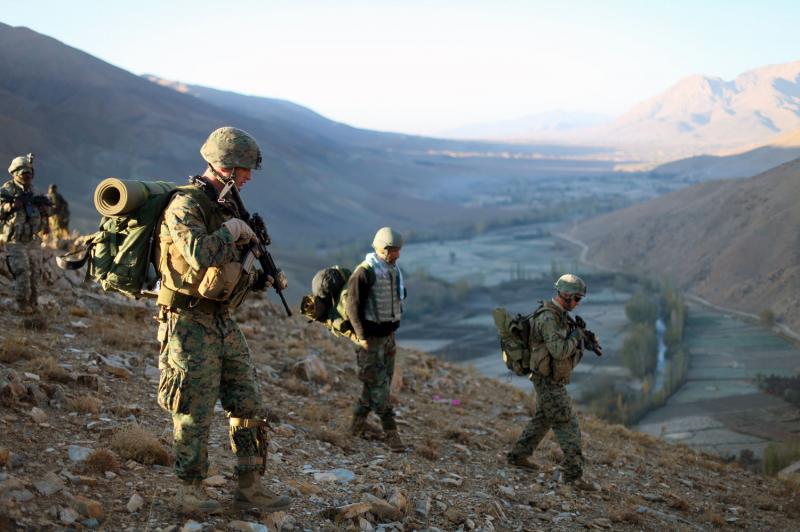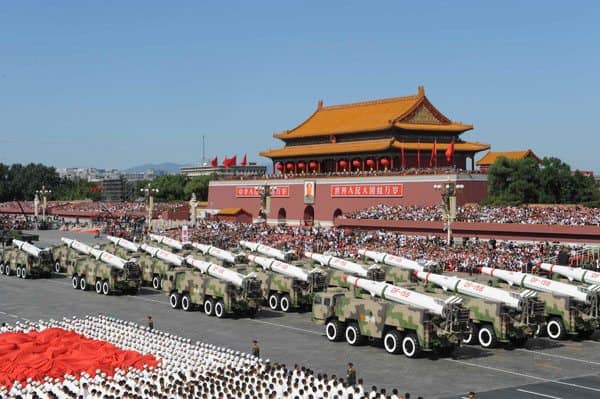The US Army will scrap 12 combat brigades as part of a budget-cutting plan to slash the size of the force after a decade of war, chief of staff General Ray Odierno said Tuesday.
Calling the move the biggest reorganization of the Army since World War II, the general outlined how the force would reach a previously announced goal of scaling back the Army to 490,000 troops from a peak of 570,000 during the wars in Iraq and Afghanistan.
Odierno said the move, which would involve relocating thousands of soldiers and eliminating some civilian jobs, would not hamper the Army’s combat readiness and was not linked to automatic budget cuts known as sequestration.
The restructuring “will reduce the overall number of headquarters, while sustaining as much combat capabilities as possible,” he told reporters.
But if Congress allows the automatic budget reductions to continue, the Army would face much more dramatic downsizing, with up to 100,000 additional troops cut, he said.
In that event, the reductions unveiled Tuesday would be “only the first step.”
The 12 combat brigades would be cut over the next four years, with some troops reassigned to other bases. Ten of the brigades are in the United States and two due to be scrapped are in Germany, which the Pentagon had already announced.
Under the reorganization, the Army would bolster its remaining infantry and armor brigades with another battalion. That would mean adding about 600-800 soldiers to a brigade, which is roughly 3,500 troops.
The planned reduction of 80,000 troops in coming years will come mostly through voluntary departures, but some officers might have to be forced to retire, the general said.
Odierno said the military tried to distribute the cuts across the country, as the reductions will affect local economies and some civilian employees.
The cuts will put the Army at about the same level as it was before the attacks of September 11, 2001.
Republican lawmaker Buck McKeon, chairman of the House Armed Services Committee and an outspoken advocate of military spending, warned that the United States could not risk returning to a smaller ground force.
“America learned the hard way that our pre-9/11 military was too small,” McKeon said in a statement.
“Now, even before sequestration, we are reducing the force to that same size and foolishly expecting history to teach us a different lesson,” he said.











